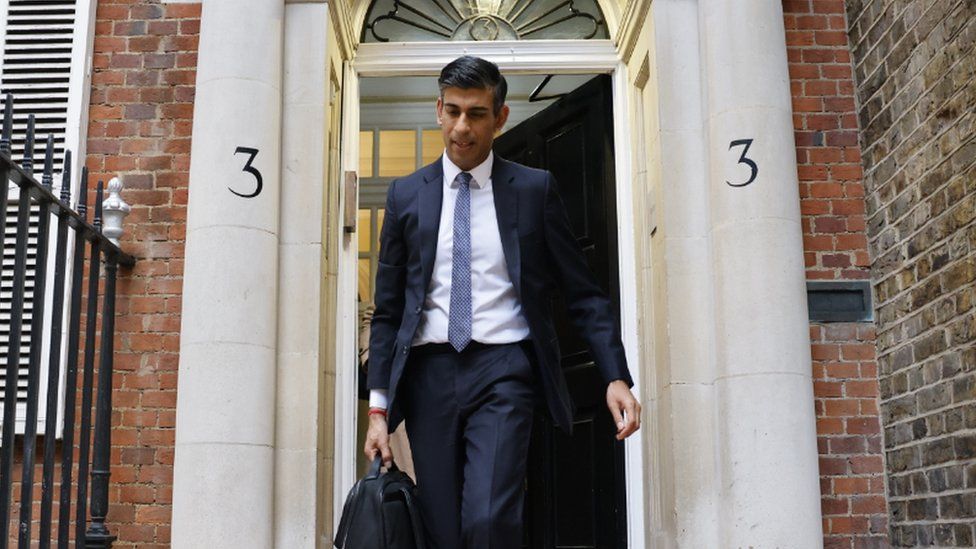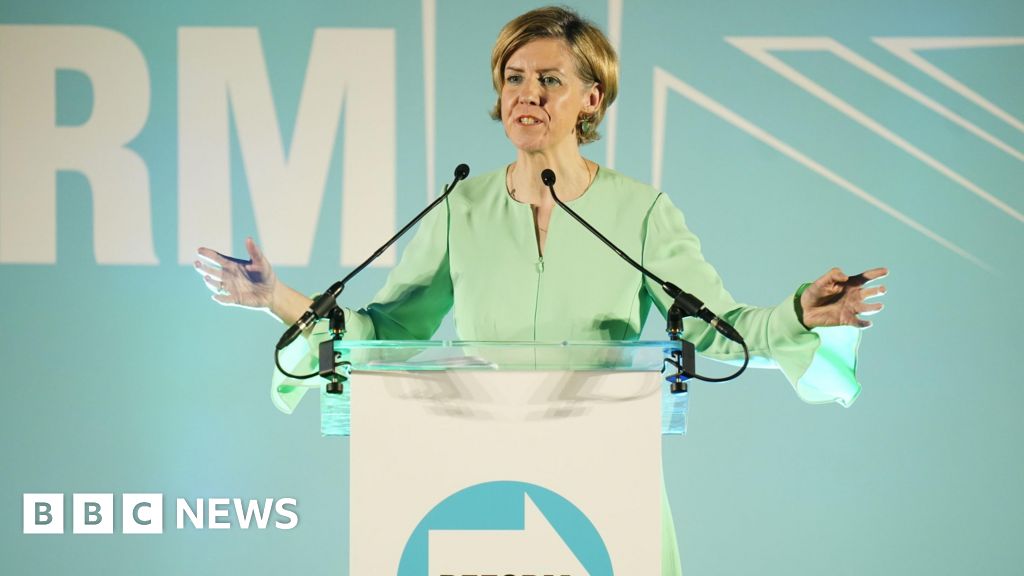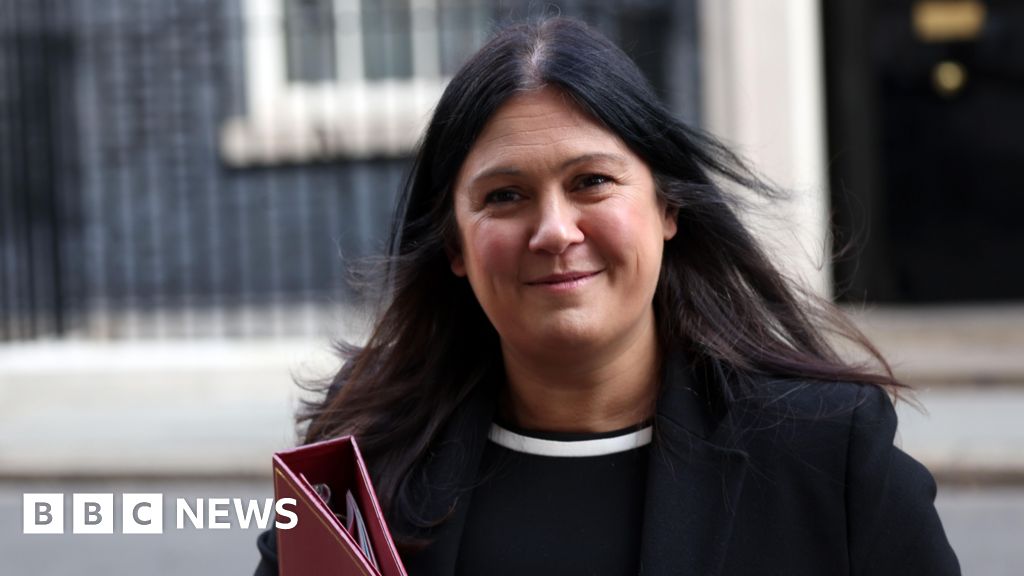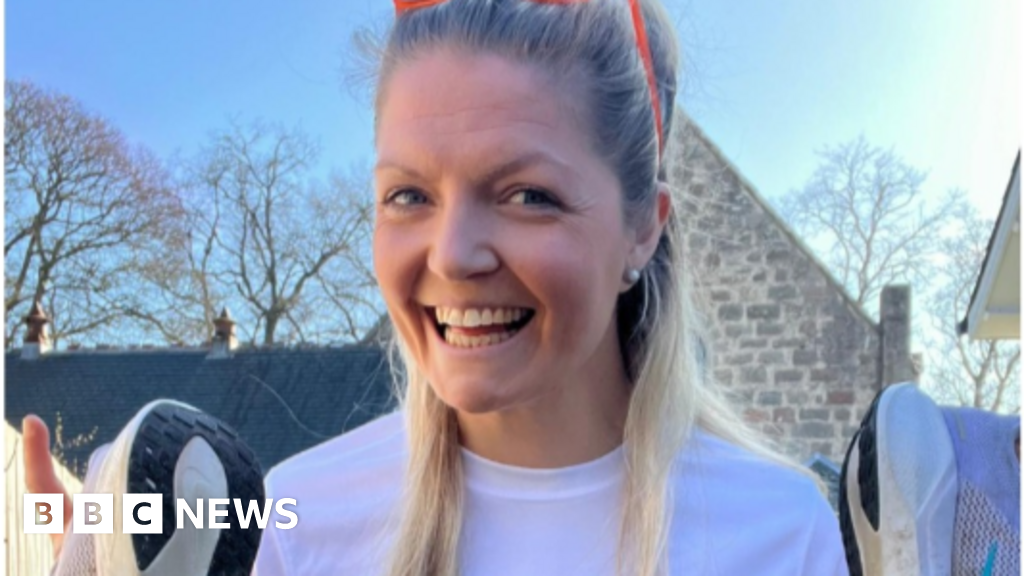ARTICLE AD BOX
 Image source, EPA
Image source, EPA
Rishi Sunak is set to become the UK's next prime minister, after winning the race to replace Liz Truss as Conservative Party leader.
The former chancellor did not make any policy pledges during the truncated four-day contest, or give any speeches or media interviews.
It means his unsuccessful battle against Ms Truss to replace Boris Johnson over the summer remains the best indication of his policies.
But after Ms Truss's tumultuous six-week premiership, big questions remain over his plans for office.
What has he said about tax cuts and government borrowing?
During the summer leadership contest, Mr Sunak dismissed Ms Truss's plans for instant tax cuts as "fairytale" economics that would push up inflation.
He cautioned that her plans risked higher government borrowing costs - a warning that resurfaced after financial turmoil following September's mini-budget did just that.
Although he said he wanted to see tax cuts in the long-term, he said bringing inflation first under control should be the priority.
As chancellor he raised National Insurance by 1.25p in the pound, a policy he defended throughout the campaign as necessary to fund health spending.
Following Ms Truss's mini-budget, the rise is due to be reversed on 6 November. Mr Sunak has not said whether this cut will still go ahead.
He also committed to raising corporation tax from 19% to 25% next April, a policy that remains on course after Ms Truss U-turned on her promise to scrap the rise.
One area where he did commit to cuts, however, was income tax - pledging to lower the basic rate by 4% before the end of the next parliament.
This included a 1% cut in April 2024, a reduction Ms Truss initially brought forward by a year before the commitment evaporated completely during her mini-budget U-turn.
What were his pledges on energy and climate change?
How best to protect households and businesses from sky-high energy costs came to dominate the latter weeks of the summer leadership race.
Mr Sunak said he would scrap VAT on domestic energy bills for one year, a policy he had previously opposed as chancellor. He also said he would spend billions on further targeted relief for vulnerable groups.
However, Ms Truss has since put in place a scheme to cap energy costs for both households and businesses, a policy predicted to cost £10bn a month.
The scheme was originally due to run for two years - but as part of the U-turn on the mini-budget, will now be reviewed next April.
Whether to scale the programme back further, or replace it entirely, is one of the biggest decisions now confronting Mr Sunak as prime minister.
Over the summer, he did not follow Ms Truss in ruling out energy rationing this winter as part of plans to conserve supply.
Like his predecessor, however, he said he would resist solar panels being installed on "our best farmland" - and backed fracking for shale gas where it is supported by local residents.
He also said he was committed to the UK's target to reach net zero greenhouse gas emissions by 2050.
What did he say about the NHS and healthcare?
Health policy was not a key battleground during the summer campaign, but saw Mr Sunak make a number of important commitments.
The new prime minister promised to eliminate one year waiting times by September 2024, and get the number of people waiting for non-urgent treatment in England falling by next year.
He pledged to do this by boosting the number of "diagnostic hubs" outside hospitals, including by repurposing empty High Street shops.
In a bid to reduce waste, he also said he would fine people £10 for missing a GP or hospital appointment.
He also pledged to reform dentists' NHS contract, and ringfence the annual £3bn NHS dentistry budget.
What are some of his other commitments?
The summer contest also saw Mr Sunak make a number of commitments on immigration, including keeping the UK's controversial scheme to send some asylum seekers to Rwanda.
He also pledged to place an annual cap on the number of refugees the UK accepts, tighten asylum qualification criteria, and withhold aid from countries that won't take migrant returns.
Unlike Ms Truss, he did not pledge to raise defence spending to 3% of national income by 2030 - instead saying he wants the current 2% target to be seen as a floor.
On Brexit, another key area, Mr Sunak said he wanted to "fix" trading problems created by the Northern Ireland Protocol, and reform all EU laws still on the UK lawbook by the next general election.

 2 years ago
33
2 years ago
33








 English (US) ·
English (US) ·